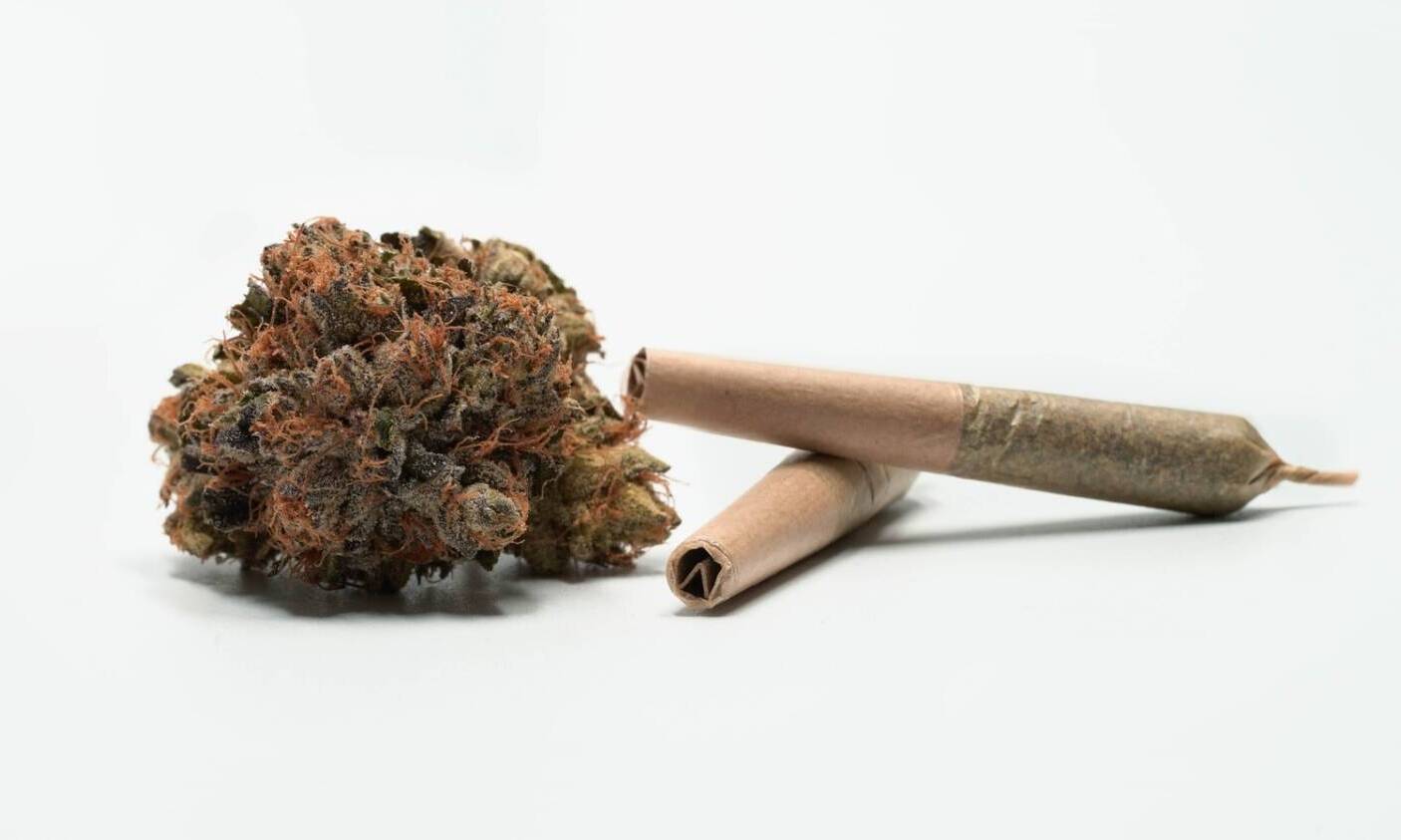“There are a bunch of us in Hollywood that smoke weed and get shit done.”
Kevin Smith. Such an ordinary name for such an extraordinary man. For almost 30 years we’ve looked to him for comedy, podcasts, and comic books, while also admiring his acting and filmmaking in movies like Mallrats, Chasing Amy, Dogma, Jay and Silent Bob Strike Back, and the movie that started it all, Clerks.
Kevin may have become a stoner later in life, but the wisdom he carries regarding it reads like a positive affirmation we should all ingest. Turned on to using cannabis for a higher good by his pal Seth Rogan, Kevin’s take on living a stoner lifestyle gives us one more reason to admire this multi-talented, ordinary name having man.
Coming off the heels of Comic-Con, and before Clerks 3 makes it’s anticipated debut on September 13th, we attempted to get some spoilers (Spoiler: we didn’t), discussed the sweetest currency, his strains with Caviar Gold, and cannabis being a running theme in his life, even when it was just for show.
Do you ever sit there at Comic-Con and revel in your head like, oh my god I did this?
Kevin Smith: Like, literally. Revel is the right fucking word. I’ve been going to Comic-Con since 95’ and when I first got there the dream was like, this is where I wanna be accepted. I wanna be as integral to this institution as Stan. This is worth all the effort. Some people got lucky early, like I did with my career, and all they wanted to do was party, do drugs, and get fucked. All I wanted to do was become the King of Comic-Con. It took decades, and I don’t know if I’m the king, but I’m definitely Comic-Con royalty. So, I do revel in it because I think back to the conscious effort I put into getting here. The kids today would call it, “thirsty.” I’m sure the kids would also say that was cringe, but whatever. I do revel in it. It’s so gross to admit!


